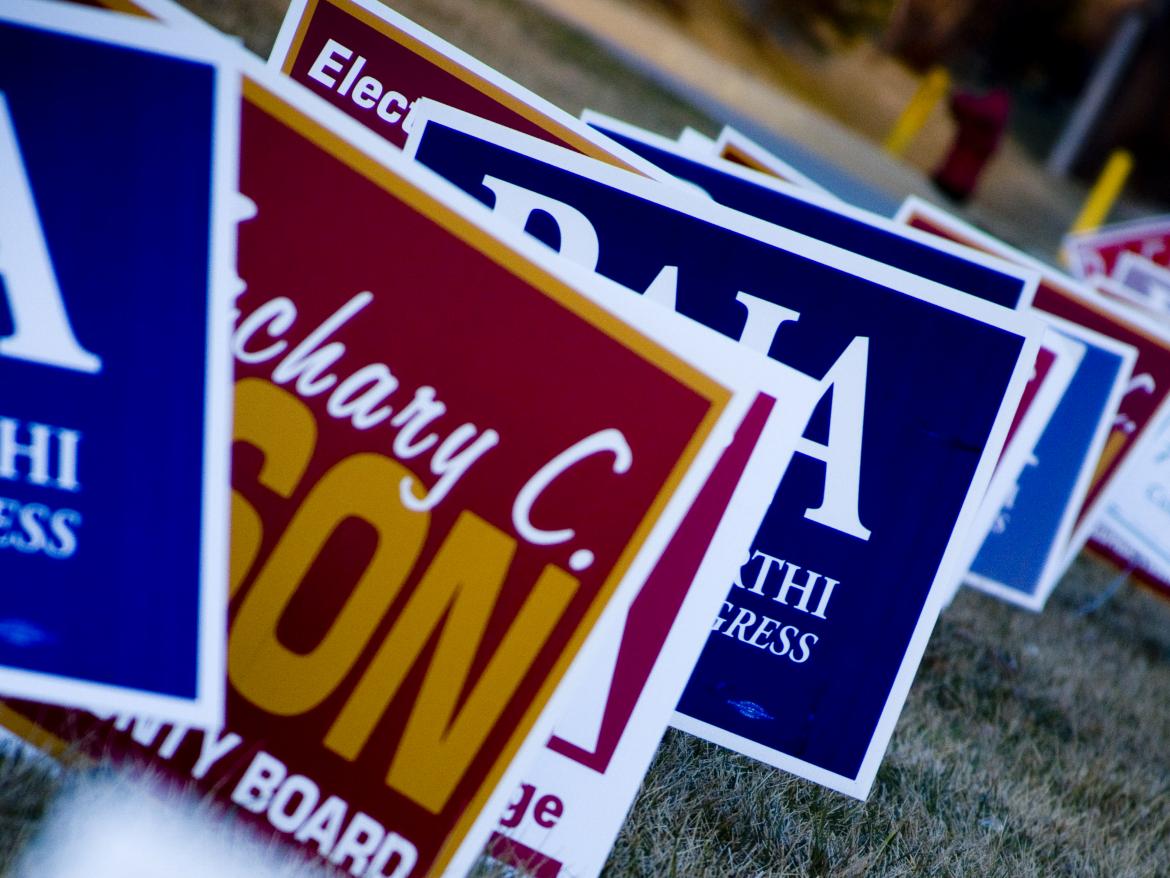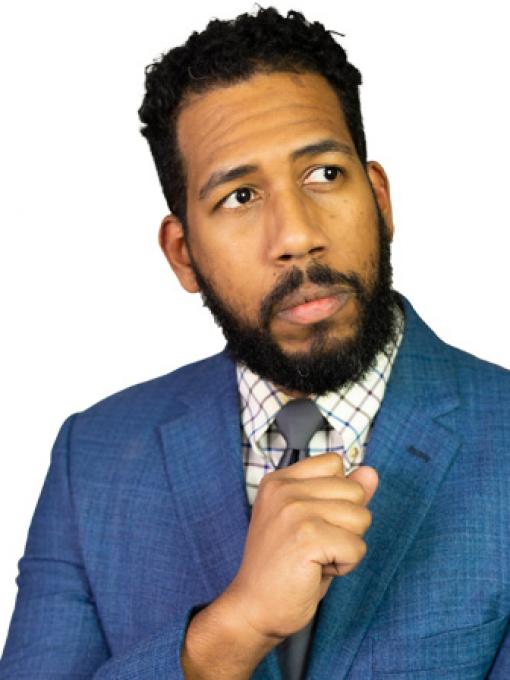Our system of elections and the role of money in politics need serious reforms.
The problems are numerous. The 2013 Shelby County v. Holder Supreme Court case struck down portions of the Voting Rights Act and made voter suppression easier to carry out. Now, instead of preventing harmful changes to voting laws, violations of the Voting Rights Act can only be remedied after the fact through litigation—sometimes after an election has passed.
And to win elections, local administrators can too often unethically influence the vote by closing precincts, failing to fix faulty voting machines, or by enacting high barriers to the ballot in the form of restrictive voter ID laws. Legislators are also incentivized to draw extremely partisan district lines whereby the politicians pick their voters, rather than the other way around.
The amount of money poured into elections is also staggering. The donations raised for the average House campaign total $1.5 million, and the average Senate campaign raised $10.5 million. These large sums aren’t coming from working class people, and they skew the priorities in Washington heavily in favor of the rich. And of course, millionaires can drop an exorbitant donation to a dark money group or a Super PAC to influence an election.
Clearly, there is much work to be done. The good news is that there are many possible avenues through which we can do this.
Protect voting rights and address voter suppression
We must prohibit attempts to reduce the number of voters. We can do this by better enforcing the Voting Rights Act and safeguarding against voter suppression prior to an election—not just after the fact, as our current system dictates.
- Modernize and update the Voting Rights Act through the Voting Rights Advancement Act (H.R. 4/S. 561): This bill would create a new standard by which preclearance is determined. Preclearance is a requirement applied to certain states in which they must get approval for election law changes with the Department of Justice. This can stop violations of the Voting Rights Act at the point of their creation.
End partisan gerrymandering
We need to draw legislative districts in a fair and nonpartisan way every 10 years. That means congressional and state legislative districts should be relatively compact and keep communities together. Nonpartisan redistricting commissions are the best and clearest way to achieve that goal.
- Pass legislation to create nonpartisan redistricting commissions to restrict the drawing of extremely partisan district lines: A bill to incentivize the creation of nonpartisan redistricting commissions would eliminate extreme gerrymandering through the creation of fairer and more representative electoral maps.
Expand Access to the Ballot
Voting is not an exclusive right—we should be making it easy for people to do their part in our democratic process. The more voices that we have in our decision-making, the fairer and more representative our system becomes.
-
Pass the Democracy Restoration Act (H.R. 196): This bill would restore the right to vote to formerly incarcerated individuals, thus increasing the number of voices in our democracy. People who have served their sentence and are out of prison should have the same right to vote as any citizen.
-
Pass same-day registration: Citizens should be allowed to register to vote on the same day of an election.
-
Pass automatic voter registration: Individuals would be automatically registered for federal elections at a motor vehicle office, if the individual is eligible to vote. This would substantially widen the base of voters.
Address the excessive influence of money in politics
Initially, we had robust spending limits on contributions, but several court decisions have struck these down, perhaps the most notable being Citizens United v. Federal Elections Commission. The answer is to increase the power of ordinary voters through public financing and donor matching, wherein public government dollars are directed, by constituents, towards candidates.
- Pass the Fair Elections Now Act (S. 2257): This bill would allocate funds to small-dollar contributions through public financing and donor matching. It modernizes the presidential public financing system and extends public financing to congressional elections as well.
Improve transparency in campaign donations
Too much of the financial side of our elections happens in the dark, making it difficult to know who is funneling vast amounts of money to influence the democratic process. Super PACs are essentially black boxes that make high-dollar contributions to influence elections with virtually no transparency.
- Pass the DISCLOSE Act (H.R. 2977): This bill requires organizations spending more than $10,000 on campaigns to disclose those high-dollar donors.

